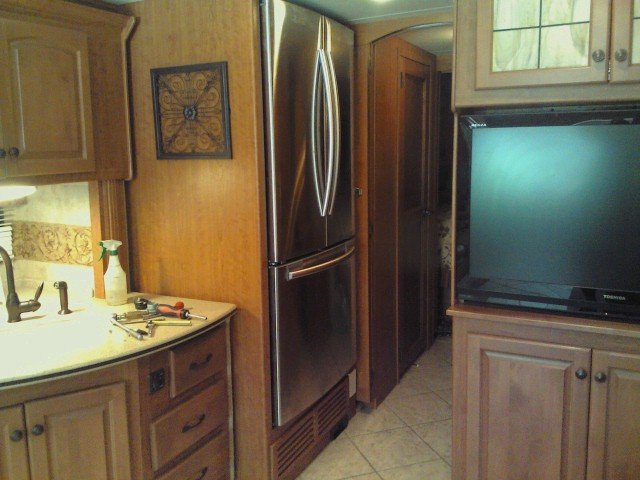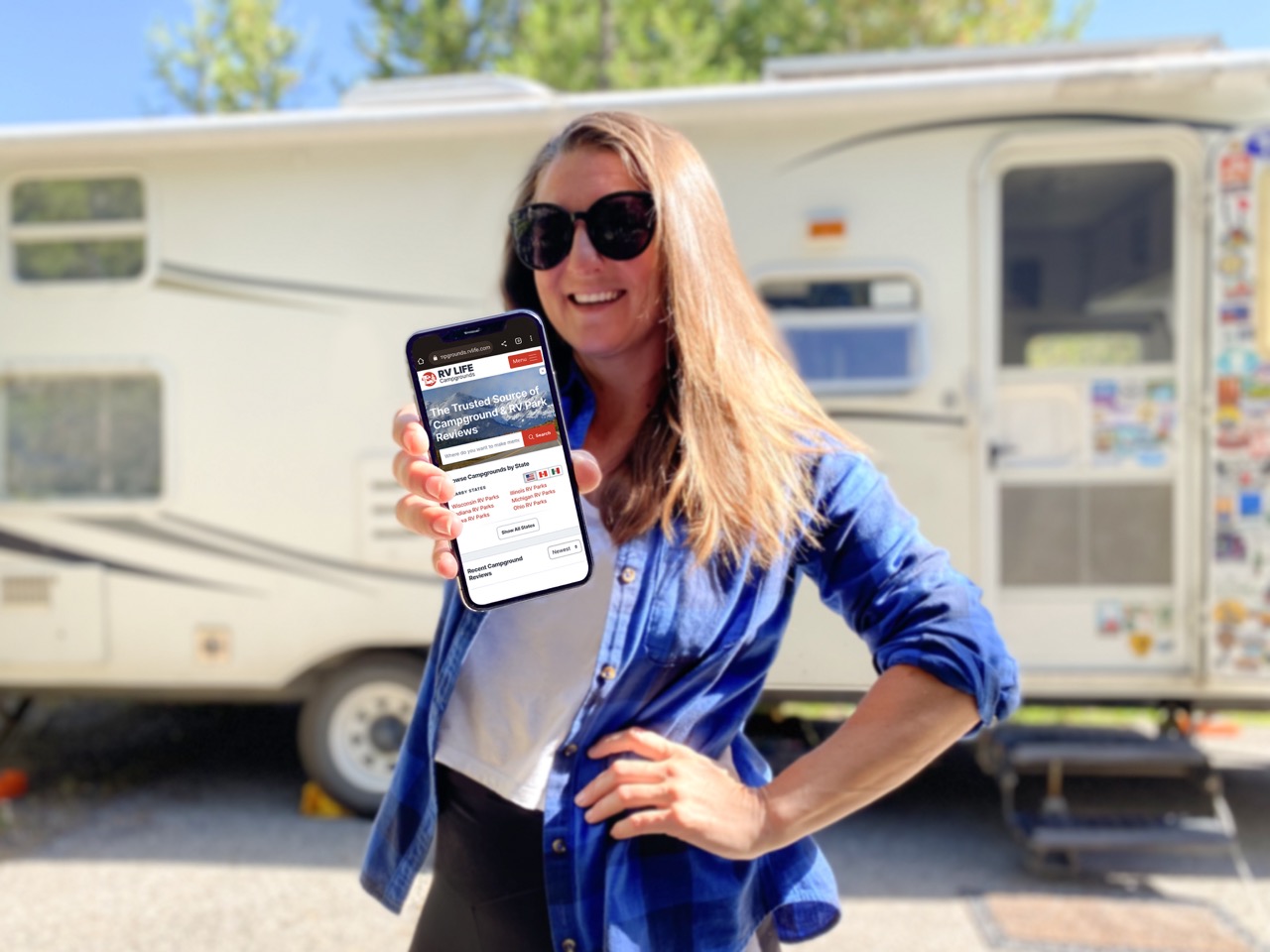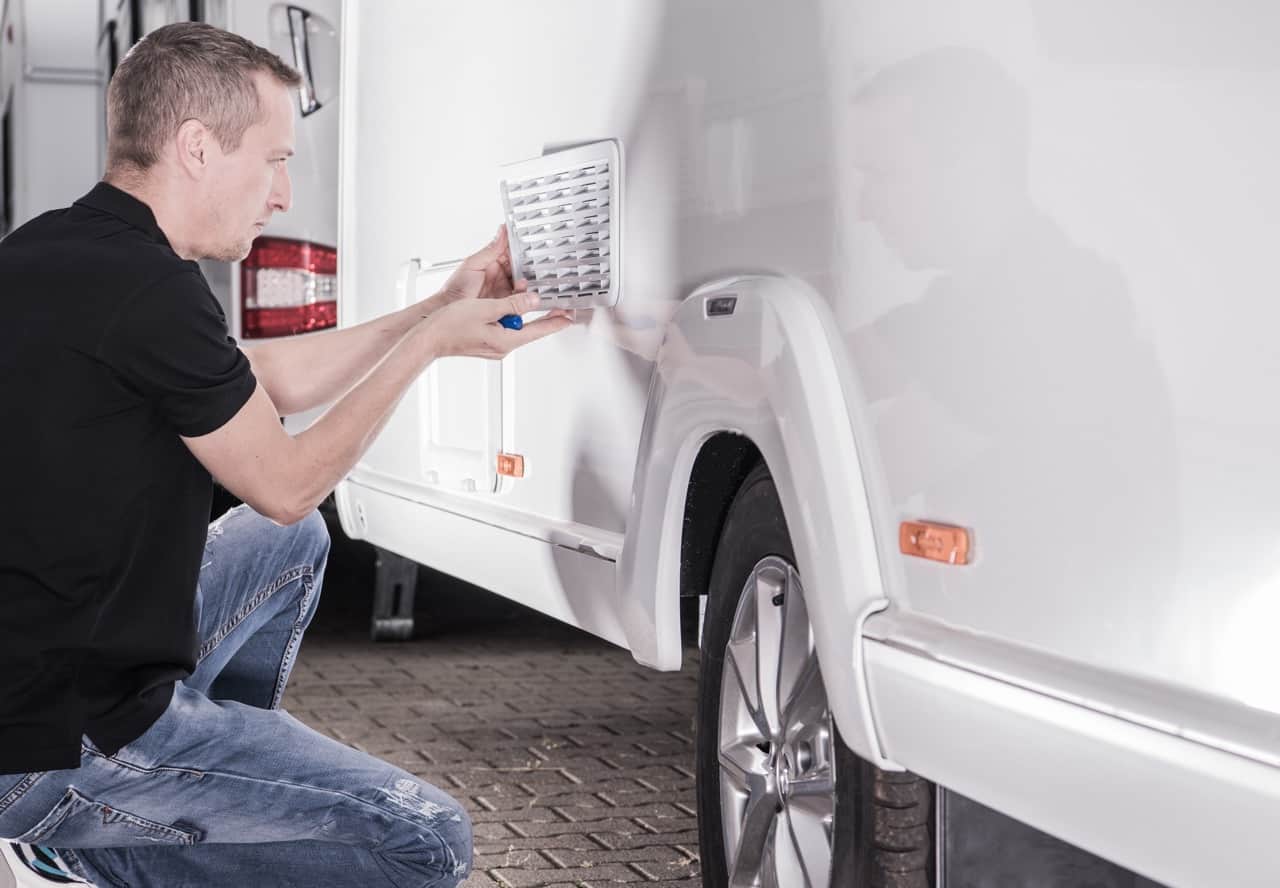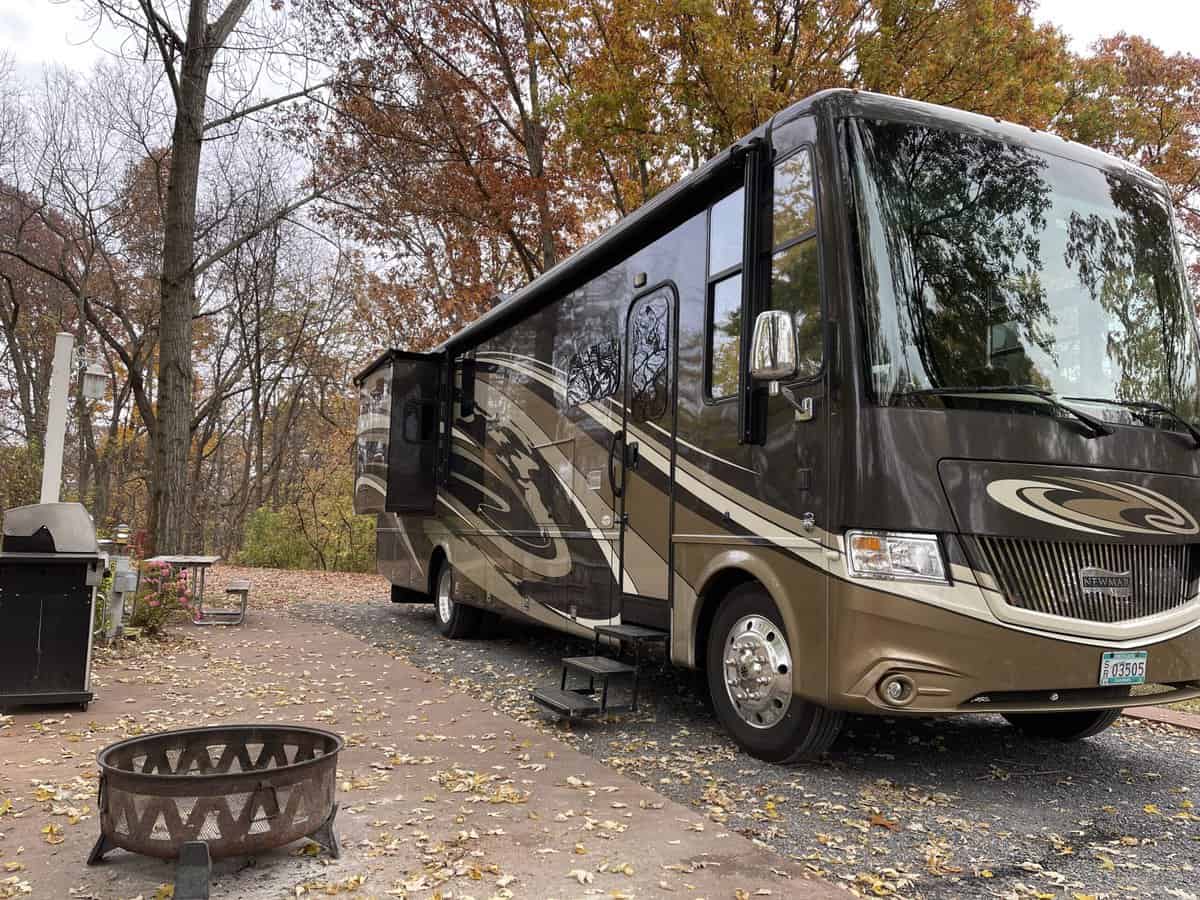
Is It Safe To Use The RV Residential Refrigerator While Driving?
RV refrigerators come in many forms and designs. 2-way or 3-way refrigerators are common, but residential refrigerators are becoming more popular due to their increased space and consistent cooling. Some appliances can run 24/7 while others need to be turned on and off. So, is it safe to use an RV residential refrigerator while driving?
Residential refrigerators can be left on while the RV is in motion. Many users like to turn off the ice maker to prevent water spills or ice chunks from forming. Putting the fridge in economy mode during travel is also a good idea, but there is no real danger to using the refrigerator while driving.
Some types of RV refrigerators need to be turned on and off, which can be a real hassle for drivers. It’s best if you can keep your food at a consistent temperature and not have to remember to turn appliances on and off before hitting the road. Below, we’ll talk more about RV residential refrigerators, what you need to know about driving with them on, and some important safety tips.
What’s the difference between an RV residential fridge and 2-way/3-way models?
Before we dive any deeper, it’s important to define what a residential refrigerator is. Many of us know a fridge when we see one, but don’t understand the mechanics of it or which type we’re dealing with. There are some differences in the way that residential fridges operate, so you need to know if you have one.
A residential fridge is just what it sounds like: the same type of fridge you would use in a standard home. These refrigerators use AC power to keep the interior cold and they rely on a compressor. They require constant power, so they usually draw on the vehicle battery. Some models can also be powered by solar panels or a power pedestal.
These machines are designed to run 24/7, so they are designed to function even while the vehicle is in motion. The constant heating and cooling process that would take place if it was turned off would be dangerous for the food inside.
Residential refrigerators are becoming more commonplace in RVs. They are usually larger, more stable, and require less effort to run.
Other common RV fridges are 2-way or 3-way models. 2-way refrigerators run on AC or LP gas (those are the two ways specified in the name). 3-way models can run on AC power, LP gas, or just battery power from the RV.
These refrigerators are usually a bit smaller and are the main types of fridges that people refer to when they talk about turning off a refrigerator while driving. They are often turned off so that propane is not running while the vehicle is in motion. In some circumstances, this can lead to a fire. However, you’re safe from major dangers like this when you choose a residential model.
RV residential refrigerator risks
Even though it’s generally considered safe to drive with your refrigerator running, everyone should understand some of the potential risks of using an RV residential refrigerator while driving.
Most of these risks are simple inconveniences, but others could turn into larger problems.
First of all, the ice makers can be a problem when you’re dealing with a residential refrigerator. Everyone loves to have access to an ice maker, especially if you travel in warmer areas.
But the ice maker contains a store of water that can slosh around and freeze when the vehicle is in motion. This can lead to spills around the refrigerator and unnaturally large chunks of ice. Ice could also freeze on the sides and walls of the fridge/freezer, and that will be a pain to remove.
Residential refrigerators can also drain your battery faster than a fridge that relies on a backup source of power. When you’re driving, this isn’t usually a big issue because it doesn’t require much to operate. But if you’re boondocking and are relying on one battery for everything, you could run out the charge faster than normal.
Another potential problem is the warranty. Some RVs are built with residential refrigerators included, but other people have elected to install their own units. If you take a fridge that was designed for home use and operate it in an RV, you might void the warranty if something goes wrong.
Even though the driving risks are minimal, you might need to pay out of pocket for repairs because the warranty wasn’t designed to cover road-related damages.
How to safely use the RV residential refrigerator while driving
Now that we know a few of the risks that come from using a residential refrigerator while driving, let’s talk about how we can avoid these problems. Lots of RVers use these types of fridges without issue, and they have some helpful tips for those who are worried.
First of all, you can turn off your ice maker or drain it entirely. If it’s not trying to process and freeze water while the RV is in motion, you’ll be safe from most spills and unwanted ice blockages. You can also turn off the ice maker without turning off the entire fridge/freezer, so this method is easy and convenient.
Another safety tip is to switch the fridge to economy mode while you’re on the road. When most residential refrigerators are put into economy mode, their door heaters turn off. This reduces moisture buildup and keeps everything clean and dry. Once again, it’s easy to turn this mode on and off, but it still keeps the contents of the fridge cool.
Finally, it’s best to use the refrigerator that your RV came with. Some aren’t built to accommodate residential models, so you might overburden the RV with extra weight and space if you add one yourself. This decision comes down to everyone’s personal choice, but there is a greater risk of malfunction if you install a fridge yourself.
You also might void the product warranty, so you’d have no safety net if something broke on the road. If you want a residential fridge, it’s best to buy an RV that has one built-in.
At the end of the day, it is safe to operate an RV residential refrigerator while driving, but it’s just good to be aware of the risks and drawbacks.
RVers looking for valuable how-to information have learned to go to the experts. Forums such as iRV2.com and blog sites like RV LIFE, Do It Yourself RV, and Camper Report provide all the information you need to enjoy your RV. You’ll also find brand-specific information on additional forums like Air Forums, Forest River Forums, and Jayco Owners Forum.
Related articles:





I’m going to pull my 5th wheel to Florida, it has a residential refrigerator in it. Will the fridge run and stay cold while I’m pulling it? Also I have 2 12v batteries and a inverter that I have no clue of how it works or to use it. The dealership was of no help on my questions. If you can help, please explain if you can. Thank you
A concern with any fridge is the draining of condensation. The residential fridges store this water for evaporation and after a defrost the pan could get a large amount of water. This must be drained before hitting the road and be sure to make the RVs as level as possible while you are on-site or this pan may overflow.
We bought a new momentum with residential RV fridge. Battery went dead overnight. It came with dual 12 volt batteries. Not sure what I can do to eliminate this problem?
Your best bet is solar panels along with at least four six volt batteries, six volt batteries have more amp hours then 12 volt bettries.
What about pilot lite flames and refueling?
We don’t have solar and we boondock a lot. We use a 3-way fridge. That stays on while we drive.
Turn off the rv fridge and all pilot appliances before entering fuel stations. Fuel up, then after leaving the pump areas, turn them back on, preferably upwind, not downwind of the pumps.
You mentioned nothing about having to have the inverter on when traveling so you can provide 120V power to the fridge while driving. Without the inverter, the refrigerator will not operate on 12V power alone.
What is the best way to set up power for your residential refrigerator while driving, using a inverter